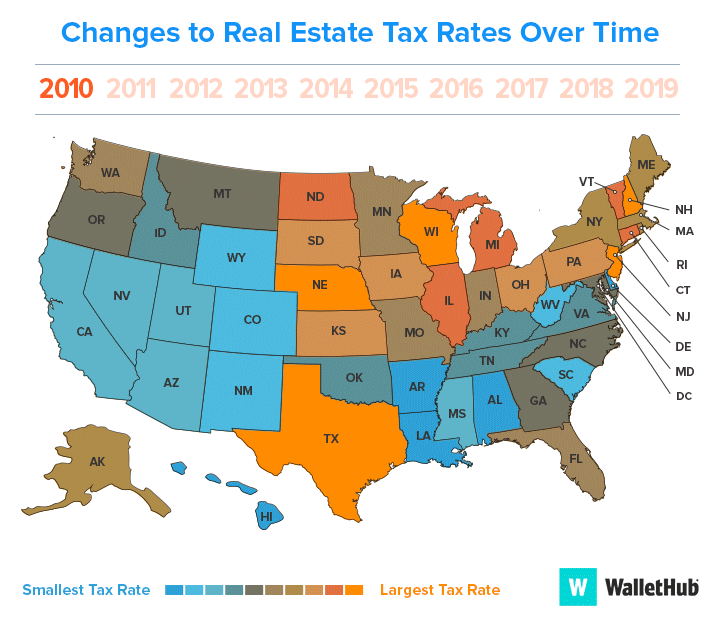The Bexar County Appraisal District is set to start mailing out hundreds of thousands of notices to property owners in the coming weeks for anyone whose property has increased in appraisal value since last year.
Given that home prices in San Antonio have skyrocketed in the last year, it’s likely that many property owners will see large increases in appraised values.
Recommended Videos
It’s not always the home itself that increases in value, sometimes it’s the land. Homeowners in San Antonio have previously seen increases of 40% or more year-over-year.
To help combat the drastic increase in home values over the last year, the Bexar County Commissioners Court voted to provide a $5,000 deduction from the appraised value of primary homes. The exemption will help lower property tax bills but Bexar County is still expecting to see tax revenue go up by as much as $8.5 million due to rising property values.
How are home values determined?
Property taxes for residences in Bexar County are determined by government officials who review the county’s budgetary needs and calculate the debt burden. These figures are then compared to taxable values of all the properties within the county and property tax rates are calculated based on that data.
Those rates are then applied to the value of an individual property within the county by the tax assessor-collector — which for Bexar County is Albert Uresti.
Owners pay property taxes based on the value that is assigned to their property, which means monthly mortgage payments could go up for people who see an increase in value to their property as taxes are commonly rolled into those payments.
Chief appraiser for the Bexar County Appraisal District Mike Amezquita says property owners should take advantage of their legal rights if they disagree with the new valuation of their property.
Anyone who disagrees can ask for an evidence package that will show what information was used to determine the value of their respective property.
How do you appeal your property tax appraisal?
If you are dissatisfied with the valuation from the appraisal district, you can file a protest.
In most cases, you will have until May 15 or 30 days from the date you receive your notice to protest the valuation, according to the Texas Comptroller website. The deadline will be whichever date is later.
After you file your protest, you will receive a written notice of the date, time, place and subject matter for a formal hearing with the appraisal review board.
The Appraisal District will set two hearings. The first one is informal, and an estimated 80% of appeals are settled during the informal hearing, according to Bexar County Chief Appraiser Mike Amezquita
“When they file that protest, ask for the evidence package,” Amezquita said. “That will show you specifically what information was used to value your property.”
Amezquita also said homeowners should bring evidence like estimates for repairs and photographs of the property to help determine a home’s valuation.
“Pictures are worth a thousand words,” Amezquita said.
Many times, property owners can also settle their protests online through the portal on the Bexar County Appraisal District website.
Property owners can also mail in a completed protest form to 411 N. Frio, P.O. Box 830248, San Antonio, Texas 78283.
How does Texas compare?
Texas property tax rate is 1.8%, which is higher than almost every other state, with a few exceptions, according to Wallethub.com.
The higher percentage of property tax for Texans is offset, however, by the fact that Texas does not have a state income tax. Only eight states do not have a state income tax.
According to the U.S. Census Bureau, the average American household spends $2,471 on property taxes for their homes each year.


